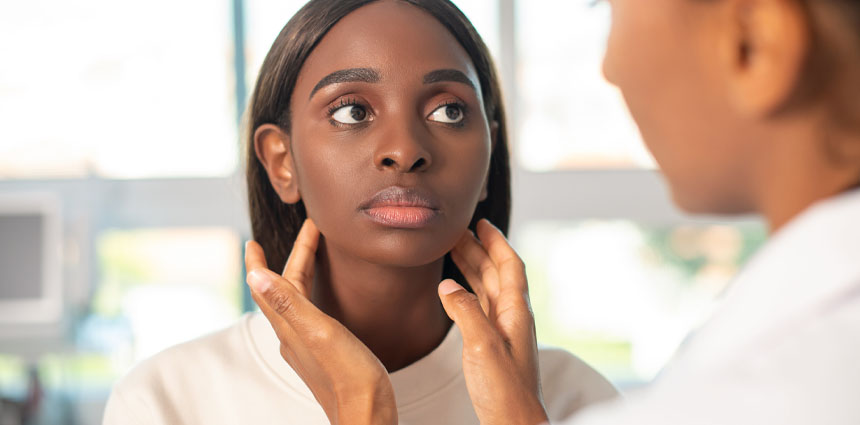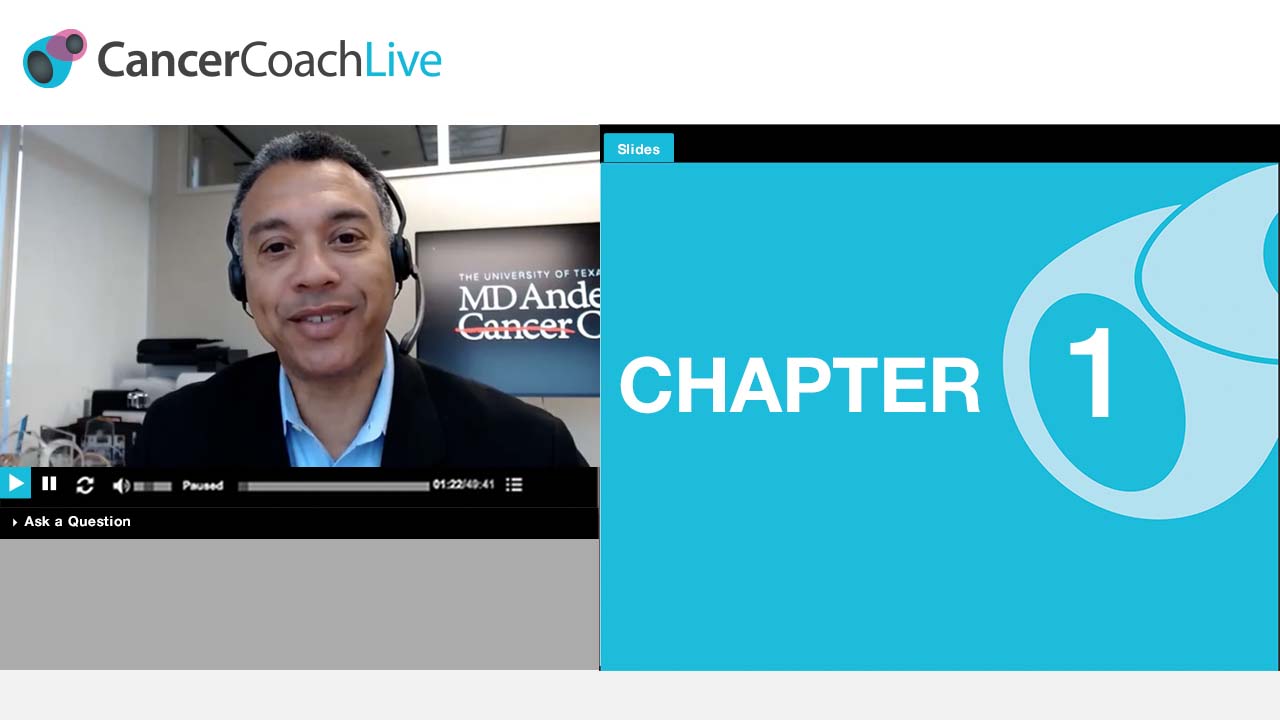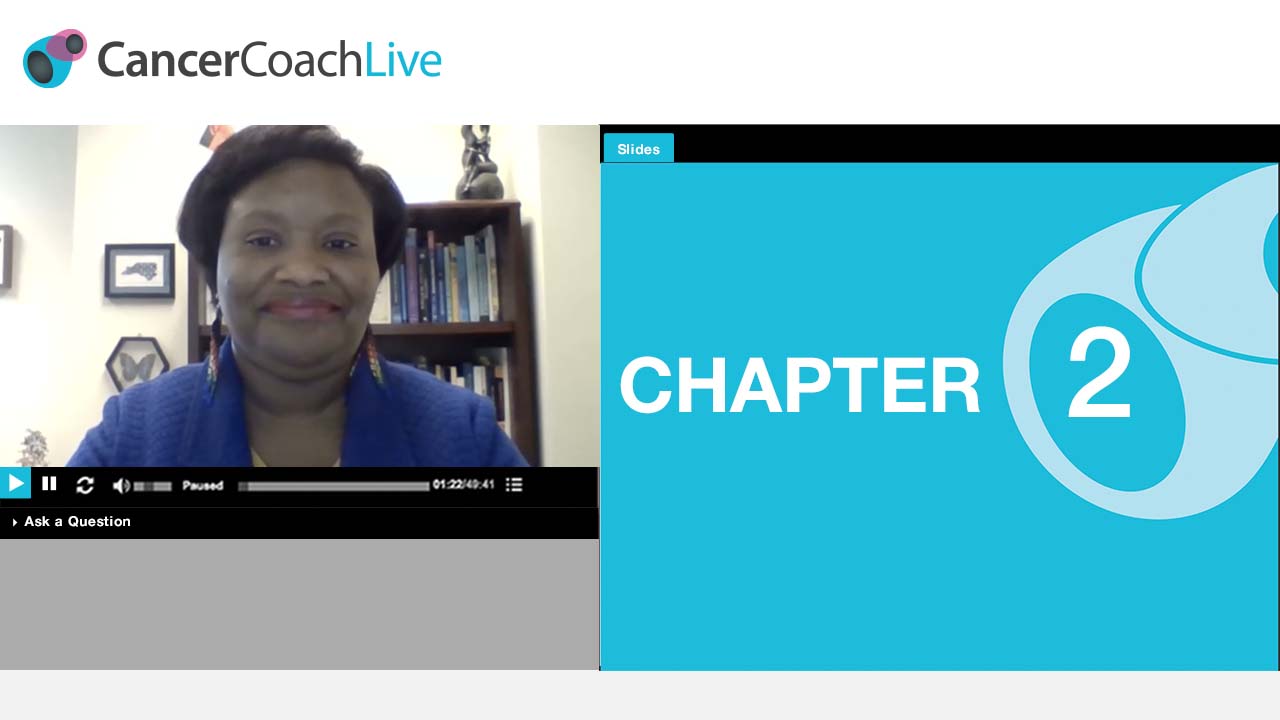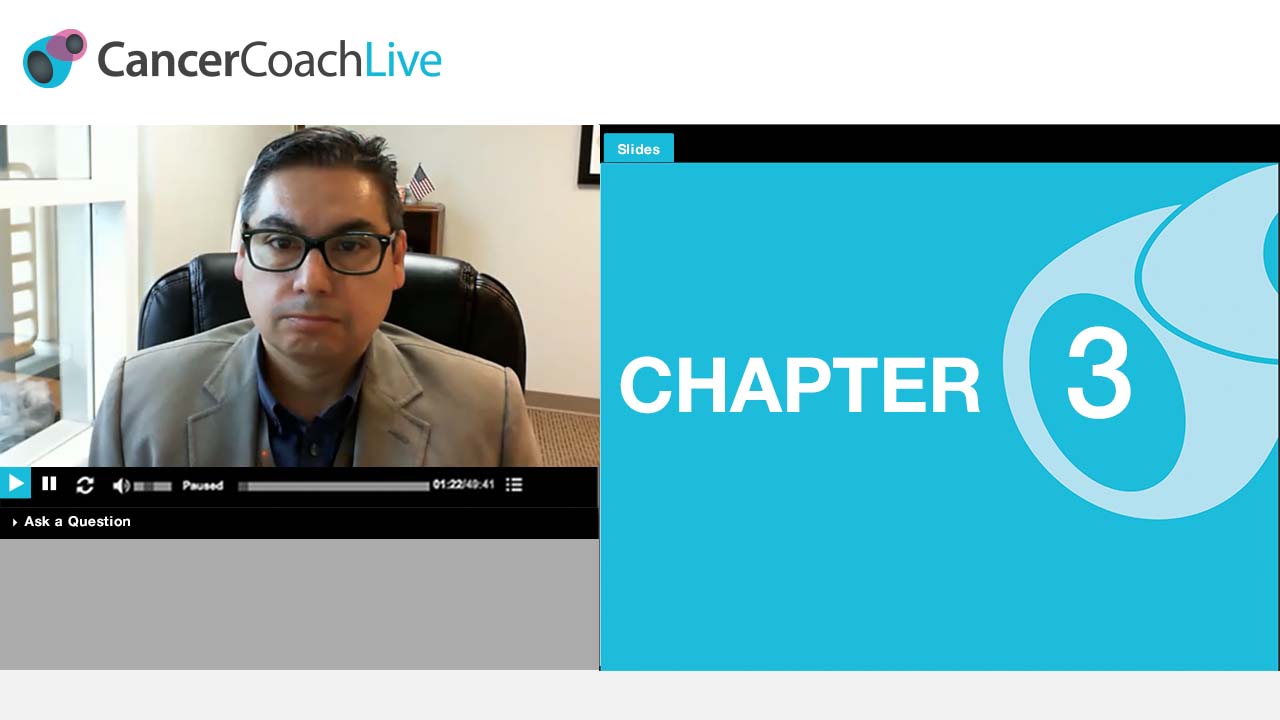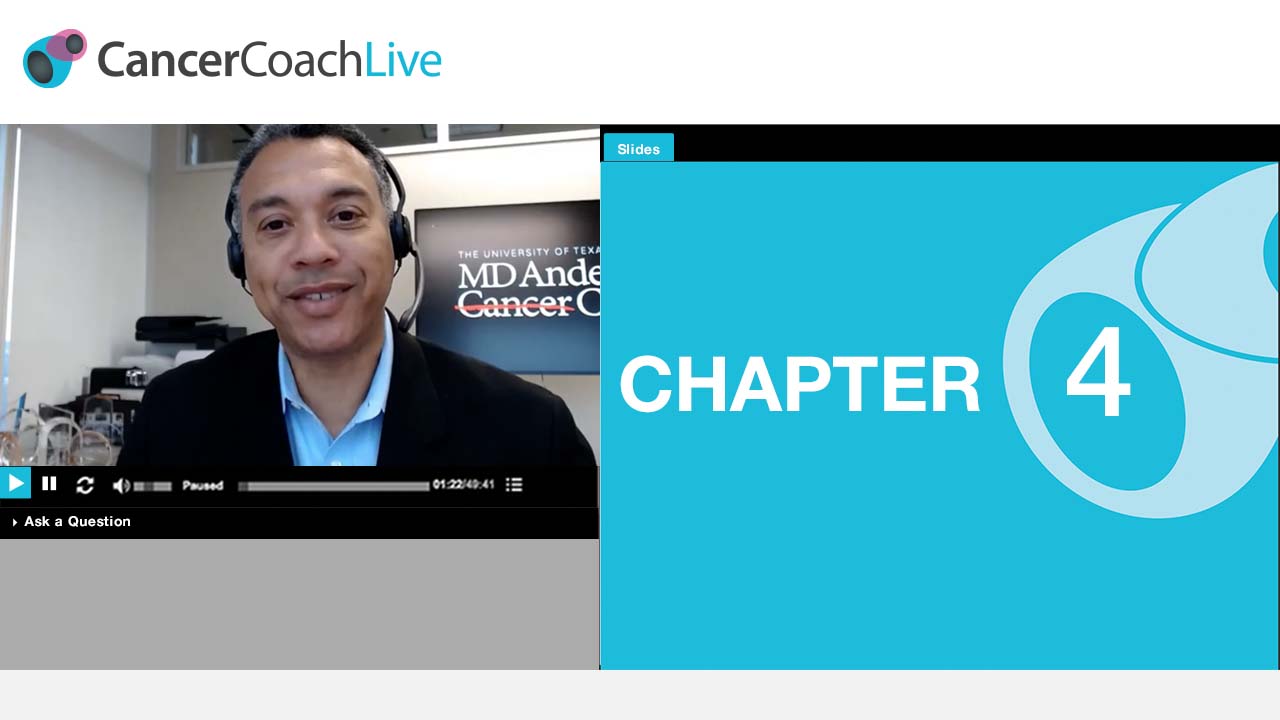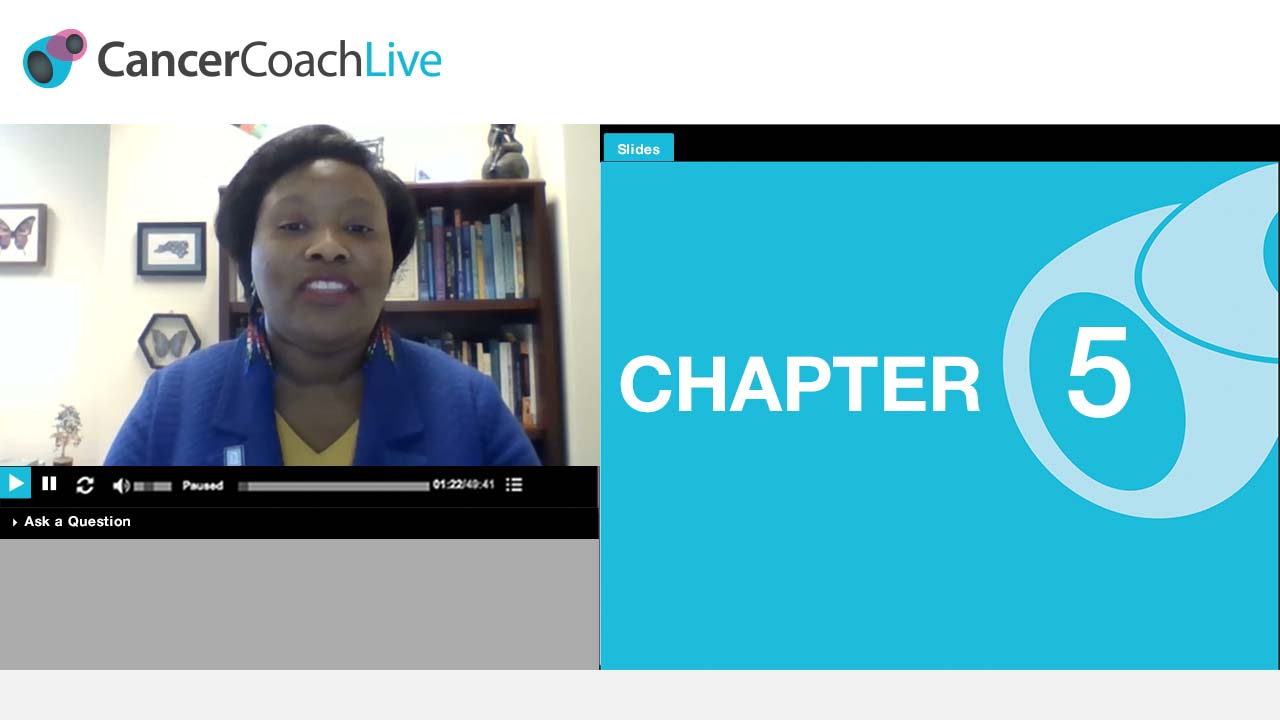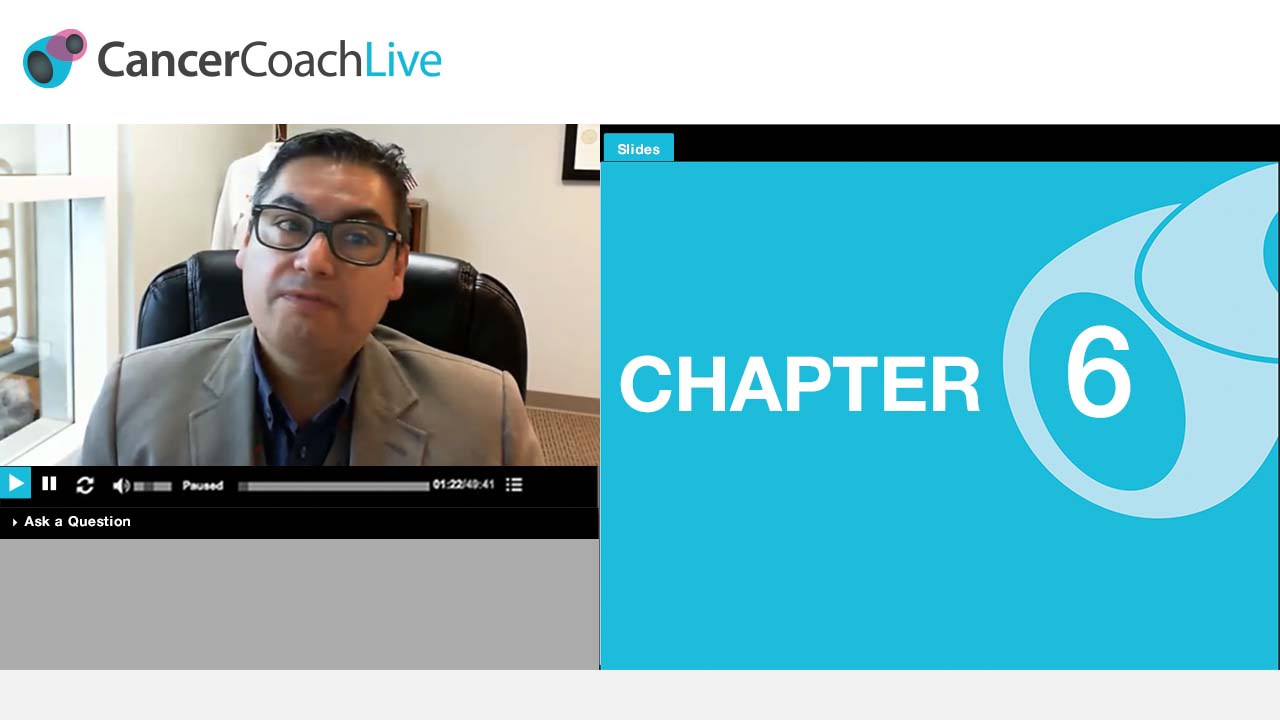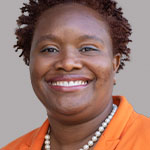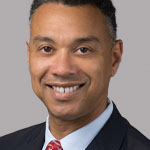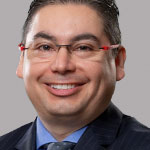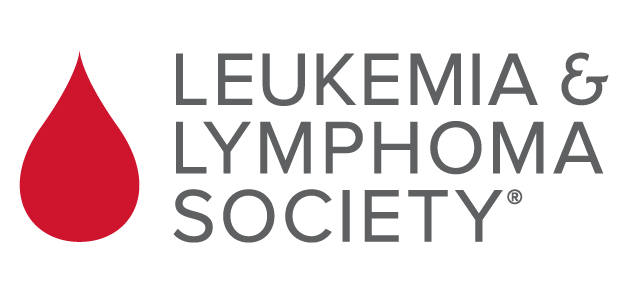Clinical Trials: What Are They and What Do They Do?
This activity is supported by an independent medical education grant from Regeneron Pharmaceuticals, Inc.
Produced in collaboration with the Leukemia & Lymphoma Society (LLS)
The Center for Disease Control’s Healthy People Initiative goal is to “eliminate health disparities, achieve health equity, and attain health literacy to improve the health and well-being of all.” One of the greatest disparities in cancer care is access to clinical trials. With newer agents to manage non-Hodgkin lymphoma (NHL) being investigated in trials, improving access for diverse patient populations can ensure research reflects those affected by disease, while improving patient outcomes.
Join us for an hour-long online educational presentation exploring clinical trials as a treatment option for NHL. Hear from experts about why there is under representation across clinical trials among certain groups of people and how patients and providers can partner to change this trend. Panelists will review the importance of representation in NHL trials and currently recruiting trials of emerging agents. Patients and their communities will gain access to clinical-trial primer and advocacy resources, learn how to discuss clinical trials with their treatment teams, discover resources to find trials related to NHL, and determine if a trial could be the right treatment option for them.
Learning Objectives for this session:
- Separate the myths from facts about clinical trials
- Understand the value of clinical research from a patient’s perspective
- Empower patients to advocate for clinical trials as a treatment option
- Provide support, advocacy resources, and trial-finder tools for patients with NHL
- Define the research process, common terminology, and eligibility criteria for trial consideration
Register now to watch on-demand.
Be sure to visit the Clinical Trial Resource Hub, which includes resources from advocacy organizations, at any time to find even more information.
Chapters
-
-
Why Are Diversity and Inclusion Important in US Cancer Clinical Trials?
-
Removing Barriers to Participation in Clinical Trials
-
Is a Clinical Trial the Right Treatment Option for My NHL?
-
Real‐Talk NHL Patient Story
-
Q&A and Trial-Finder Information
Speakers
Ashley Leak Bryant, PhD, RN, OCN, FAAN
Associate Professor, School of Nursing
Assistant Director, Cancer Research Training and Education Coordination The University of North Carolina at Chapel Hill UNC Lineberger Comprehensive Cancer Center
Christopher Flowers, MD, MS, FASCO
Division Head ad interim, Division of Cancer Medicine
Chair, Professor, Department of Lymphoma/Myeloma UT MD Anderson Cancer Center
Christopher Flowers, MD, MS, joined The University of Texas MD Anderson Cancer Center in 2019 as Chair of the Department of Lymphoma/Myeloma and was appointed Division Head ad interim of Cancer Medicine in 2020. Through the pandemic, his leadership contributed to the institution’s recovery in patient volume while maintaining accelerated safety measures. Dr. Flowers’ is a clinician who conducts clinical research involving cancer outcomes and informatics and phase 1/2 trials, focusing on the clinical development of novel therapeutics for B-cell lymphomas. His research interests include patient-oriented research in lymphoma and computer microsimulation models and cost-effectiveness analyses aimed at developing strategies to individualize care for cancer patients and improve systems of care.
Adolfo Enrique Diaz, MD, MSc
Associate Professor of Medicine, Division of Hematology-Oncology; Lead, Adult Lymphoma Program
Mays Cancer Center UT Health San Antonio
Adolfo Diaz, MD, MSc, is an Associate Professor of Medicine in the Division of Hematology-Oncology at UT Health San Antonio. Dr. Diaz completed his medical training with honors at the Pontificia Universidad Javeriana (Colombia) and his Internal Medicine residency at New York University. He completed his Fellowship in Hematology-Oncology and received a Master of Science in Clinical Investigation and Translational Science, both from UT Health Science Center San Antonio. His research and clinical interests focus on improving outcomes in patients with lymphomas and on health care disparities. Currently, Dr. Diaz is the Leader of the Adult Lymphoma Program at Mays Cancer Center and serves as Ambassador and Member of the Committee on Promoting Diversity for the American Society of Hematology.
Judy A. Williams
Interview participant, Cancer Survivor
